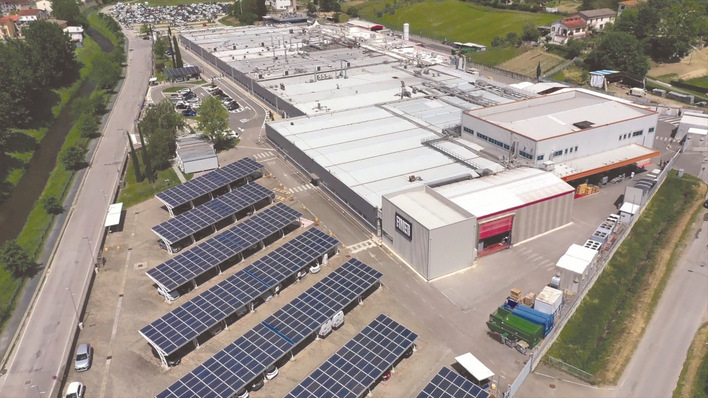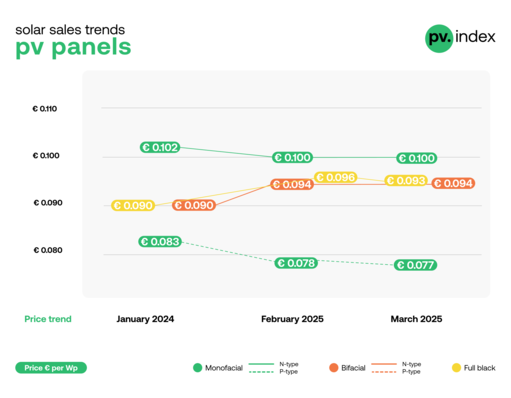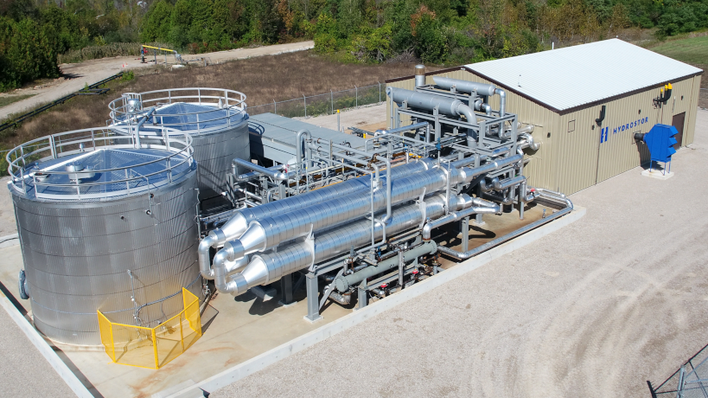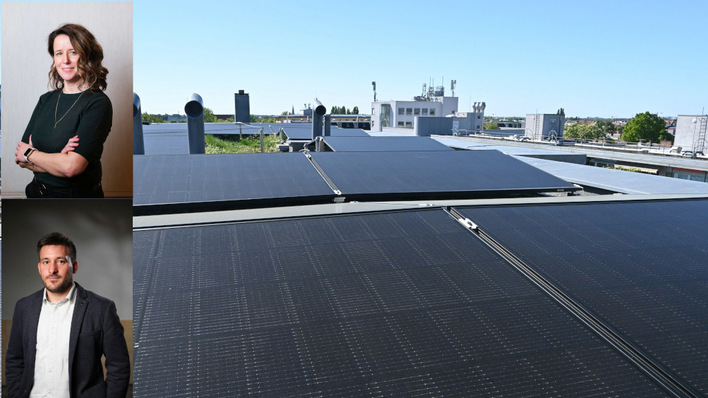This injunction against the British-Dutch oil giant Royal Dutch Shell (RDS) was obtained by seven foundations and associations and more than 17,000 individual plaintiffs. "The lawsuits concern the CO2 emissions of the Shell Group itself, but also those of its suppliers and customers," explains district court spokeswoman Jeannette Honée.
The Shell Group is one of the world's largest producers and suppliers of fossil fuels. The CO2 emissions of the Shell Group, its suppliers and customers thus far exceed those of many countries - including the Netherlands. "This contributes to global warming, which leads to dangerous climate change and poses serious risks to human rights, such as the right to life and undisturbed family life," says Honée.
Shell's climate efforts remain vague
According to Honée, RDS must exert its influence through the Shell Group's corporate policy by imposing requirements on suppliers through its purchasing policy. RDS has complete freedom to meet the reduction commitment as it sees fit and to shape Shell Group policy. RDS has tightened the Shell Group policy and is in the process of drafting it.
See also: 2020 is the “pivot point” for noncarbon energy
However, as the policy was not concrete, had many reservations and relied on following societal developments instead of ensuring CO2 reduction itself, the court saw a threatened breach of the reduction obligation in the future. The court therefore obliged Shell to reduce the CO2 emissions of the group, its suppliers and customers to a net 45 per cent by the end of 2030 compared to 2019 levels. Total is also repositioning itself: Under the new brand Total Energies, the French mineral oil group wants to get involved in the renewable energy business. (nhp/mfo)








